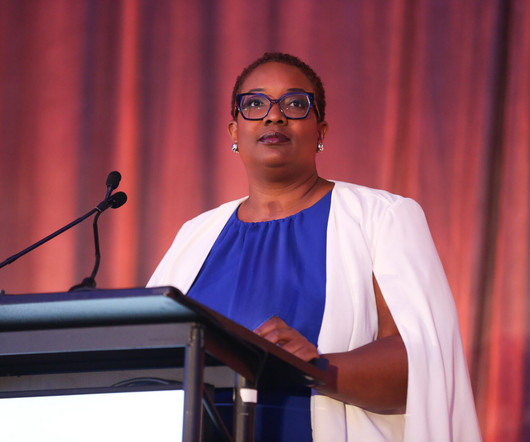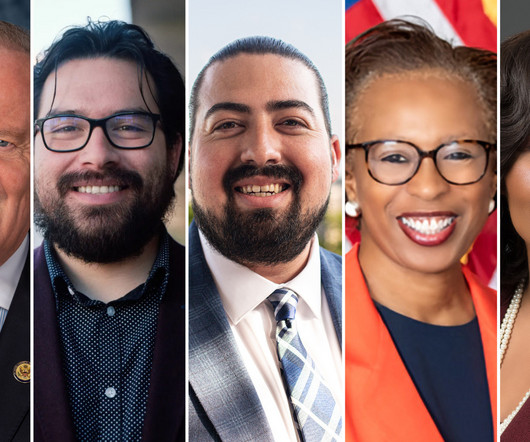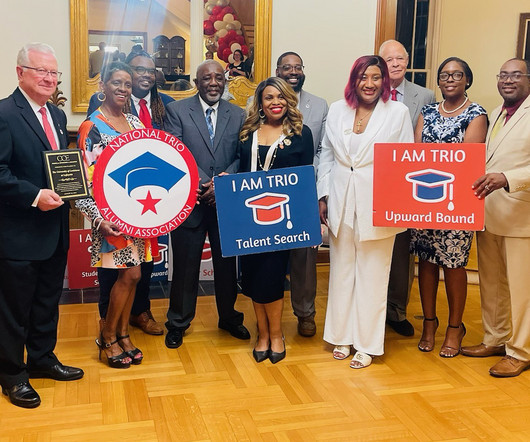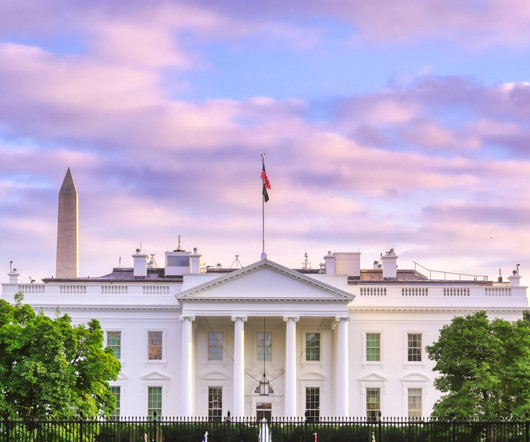What Are the Big Higher Education Stories for 2024?
Diverse: Issues in Higher Education
JANUARY 17, 2024
Efforts by the Biden administration to pass a rule on student loan forgiveness was a major story from 2023 that will again be front and center in the new year. Other issues in the news will include diversity, equity, and inclusion (DEI). Bonner now focuses on inclusive excellence. That, too, could end up in court.”


















Let's personalize your content